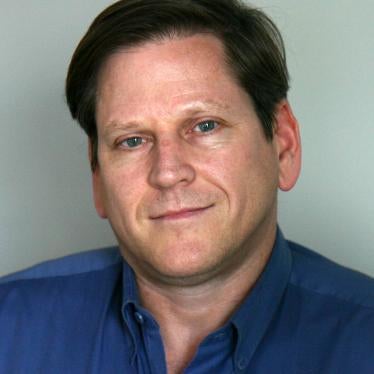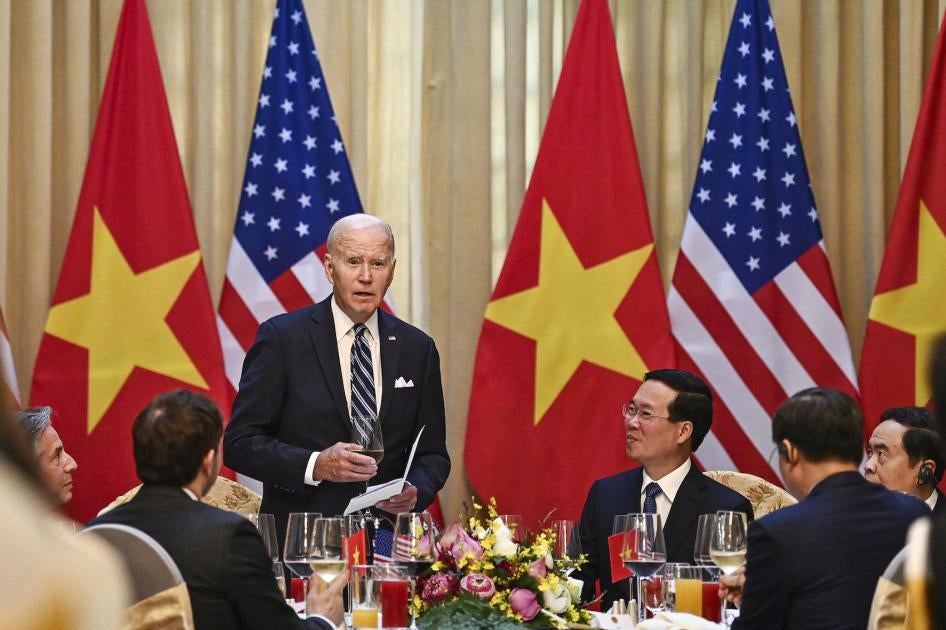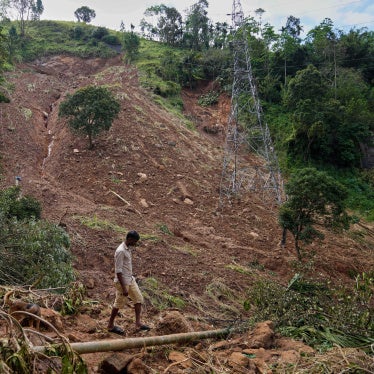It’s no secret that the United States and Vietnam have a fraught history. But since reestablishing diplomatic relations in 1995, the two countries have steadily developed stronger ties focused on economic development and trade, regional geopolitics and, most recently, solutions to climate change.
Last December, the G7 countries including the US, along with the World Bank and other development banks, announced that Vietnam would be the beneficiary of a US$15.5 billion Just Energy Transition Partnership (JETP) program to speed up the movement away from coal use in the country.
But civil society activists advocating for reform, political pluralism and sustainable, rights-respecting development and environmental policies have been left out in the cold in the deal.
On September 10, President Joe Biden will visit Vietnam to announce that the two governments’ relationship will advance from a “comprehensive” to a “strategic” partnership.
During a recent phone call between Biden and the Vietnam Communist Party general secretary, Nguyen Phu Trong, the two leaders spoke about “expanding the bilateral relationship, while working together to address regional challenges such as climate change, ensuring a free and open Indo-Pacific, and the deteriorating environmental and security situation along the Mekong.”
But something is clearly amiss. While Vietnam has committed to net-zero emissions by 2050, it is also using bogus, politically motivated “tax evasion” charges to arrest, prosecute and imprison the most important civil society leaders in the country’s transition from coal.
Dang Dinh Bach, who dedicated his life to protecting communities from pollution, phasing out plastic waste and supporting the Vietnamese government’s transition to clean energy is serving a five-year sentence. Two other climate change activists, Mai Phan Loi and Bach Hung Duong, are also imprisoned, convicted on similar charges.
Another climate champion, Hoang Thi Minh Hong, who was an Obama Foundation Scholar and among the 50 most influential Vietnamese women, according to Forbes Vietnam, is awaiting sentencing. Climate Heroes listed Hong as a hero working tirelessly to protect the environment.
The 2018 Goldman Environmental Prize Winner, Nguy Thi Khanh, who spoke out against Vietnam’s reliance on coal, was recently released after serving 16 months in prison.
The United Nations and human rights organizations have reported that Vietnam’s vague tax laws are being weaponized to silence environmental defenders. This trend means a government shutdown of the remaining embattled environmental organizations could be next.
The Vietnamese government is abrogating this “just” aspect of the Just Energy Transition by severely constraining the ability of civil society groups and activists to participate in this process.
To put it bluntly, environmental groups are now effectively paralyzed, fearing they will be next in the government’s campaign of arrests of leading climate actors.
Vietnam is not able to ensure a genuinely “just” energy transition without listening and responding to the views of environmental activists, particularly those who are critical of current government policies.
Civil society is essential to ensuring transparency and accountability in such programs by providing independent monitoring of the impact of the energy transition from a social and environmental perspective and supporting communities that advocate for their rights.
Vietnamese government repression does not augur well for the effective implementation of the JETP deal or long-term US relations with Vietnam.
President Biden should speak out about the vital role environmental activists in Vietnam play when it comes to phasing out coal. He should publicly press the government to immediately release all four climate-change activists currently in prison and drop the charges against those awaiting trial.
Deepening partnerships to achieve climate solutions between the United States and Vietnam is incredibly valuable, but not while the civil society activists helping lead the way are behind bars.
The US and Vietnam government relationship upgrade needs to take all of this into account and stop sweeping human rights concerns under the rug.









